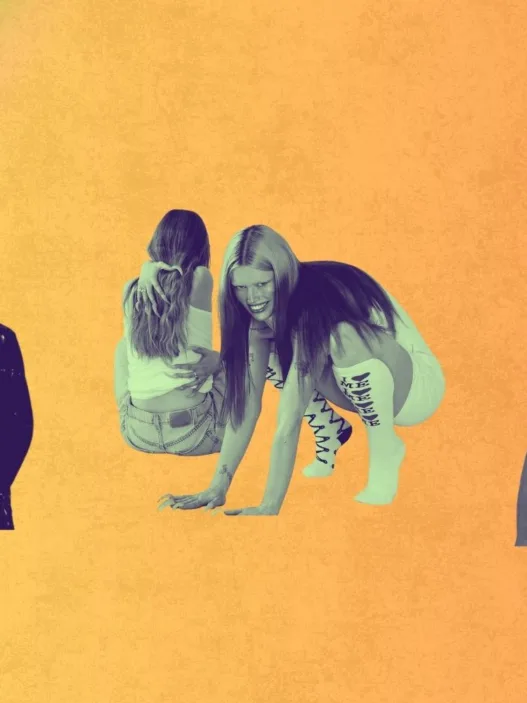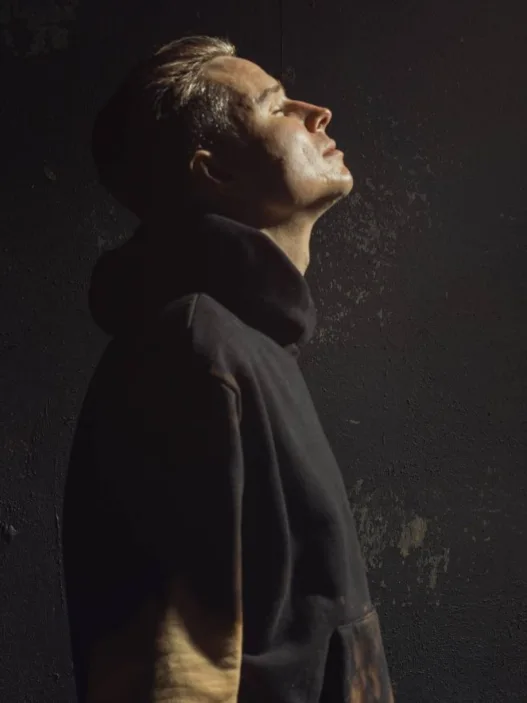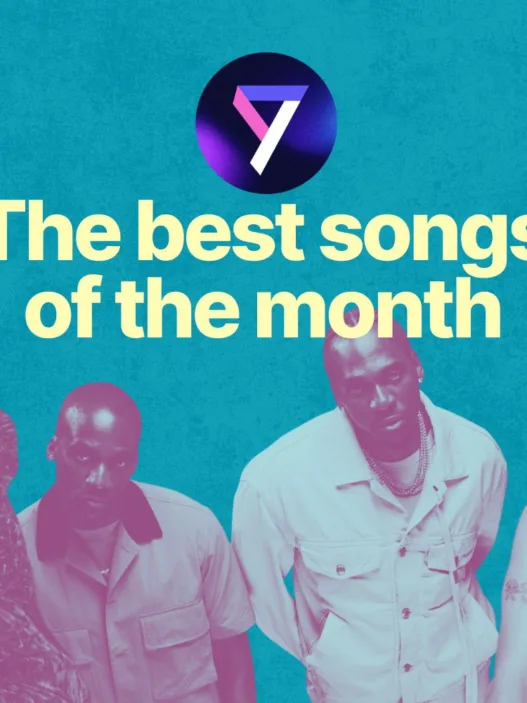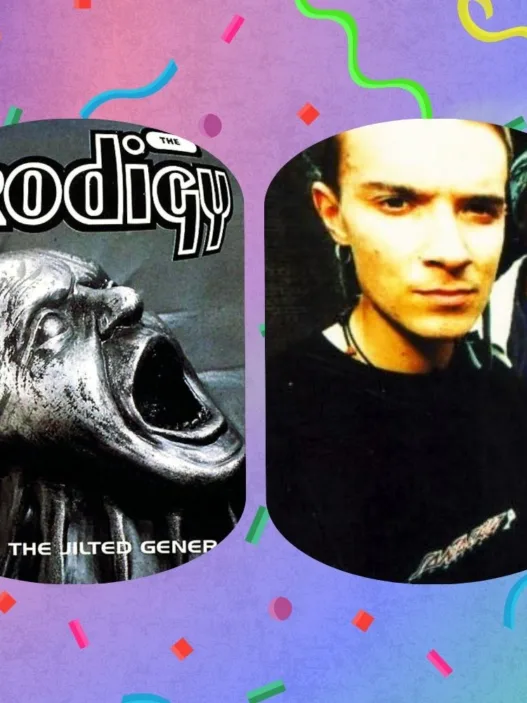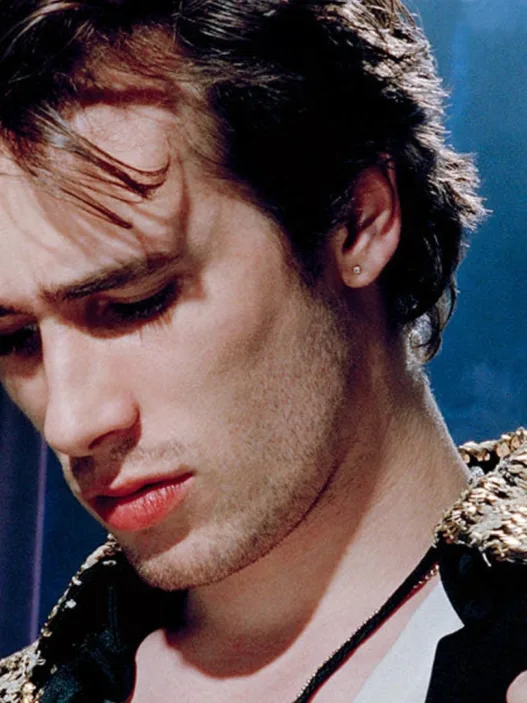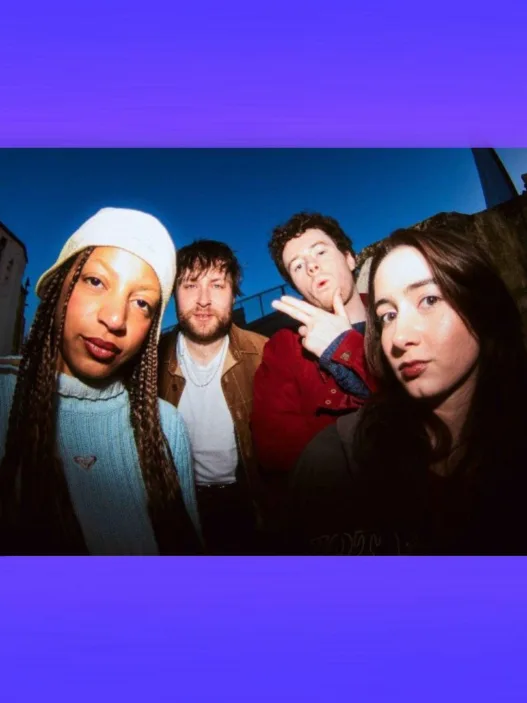Last night, news emerged that the Irish government is considering allowing alcohol-free music events to take place. The proposals are to be discussed today by Minister for Arts Catherine Martin and Minister for Health Stephen Donnelly with representatives of the music and entertainment sector, the Irish Times reports.
The article says:
Political sources have said Ms Martin is keen to increase the levels of audience and artists at events beyond the current restrictions and will examine if banning alcohol from such events could facilitate them being held. The Minister intends to examine both indoor and outdoor events as part of this process.
This would mean gigs may get the green light to proceed potentially without alcohol sales and possibly with larger attendance figures.
While it is a great idea to allow events to go ahead without being tied to alcohol sales, the fact is, that is how venues under the current system make money because our laws tie the success of the majority of events to the sales at the bar.
Having put on an all-ages event last year as part of Musictown (and currently rescheduling one that was due to take place on September 12th), I know from experience, that venues rely on sales at bars to cover themselves and to allow the rental of spaces by promoters to be somewhat affordable.
In the past, attempting to put on a non-alcohol event in a music venues leads to the venue increasing their room hire cost to make up for the shortfall in sales if alcohol is prohibited, so they can pay staff, front of house and security. It creates more risk for the promoter looking to use that venue.
Say a typical venue hire for a 250 capacity space is €400. The promoter pays this, takes the door and the venue takes the bar, while paying for staff. Here’s a rudimentary breakdown for a 250 cap gig as an example.
Example A – Full capacity with normal venue rental
| Income | ex VAT /Ticket platform Fees | |
| Tickets | Cost | |
| 250 | 12.00 | 3000 |
| Total | 3000 | |
| Expenses | ||
| Act 1 | 1200 | |
| Act 2 | 250 | |
| Venue Rental | 400 | |
| Total | 1850 | |
| Net Profit | 1150 |
In the above example, it’s worth stressing that selling tickets to capacity does not really happen in most cases. Most gigs aren’t sell outs and guestlists aren’t factored into above either. So it’s better for promoters (or bands putting on their own shows to have a more realistic fee in mind to meet the budget). To break even without making any money, in above example the show needs to sell 154+ tickets.
Of course, the expenses here are rudimentary and do include any advertising or promoter, sound engineer, staff costs etc.
For the venue: I can’t really speak to the venue’s potential revenues having never worked on that side, but I do know that Ireland has the second highest excise tax on alcohol in Europe – this Drinks Industry article says it’s 55 cent per pint. Say a rough estimation. If a gig sells out at 250 people which is no guarantee of course, 250 people drink 3 pints each at €5.50 per pint is €4,125. 10 percent goes to excise so €3,712.50 left for the venue.
What about alcohol-free events?
In the alcohol-free scenario, the venue rental fee, based on previous quotes for all-ages gigs would be in the region of €1000 at minimum, leaving a possible profit for the promoter of €550 if they sell all 250 tickets (which usually isn’t the case overall due to guestlist etc).
Example B – Full capacity with increased venue rental
| Income | ex VAT /Ticket platform Fees | |
| Tickets | Cost | |
| 250 | 12.00 | 3000 |
| Total | 3000 | |
| Expenses | ||
| Act 1 | 1200 | |
| Act 2 | 250 | |
| Venue Rental | 1000 | |
| Total | 2450 | |
| Potential Net Profit | 550 |
With an increase of €600 in the venue rental, the promoter now needs to sell 204 tickets + to hit cover their artist and expense fees (not including any advertising and staff costs etc of course not factored here).
On the venue side, not being able to sell alcohol at the gig will result in a huge dip in the venue’s income. A very rough estimate once again of 250 buying 2 soft drinks at €3.50 each results in a bar income of €1750.
You can see the problem here.
What about socially-distant restricted capacity alcohol-free events?
At the moment, there’s very little opportunity for independent small or large promoters hiring a venue to make money from an event. Indoor events are currently capped at 50 people and the only ones really putting them on are the in-house promoters in venues themselves.
If the government was to allow 100 people indoors without alcohol, the numbers are still pretty grim. Paying an artist or band €1000 isn’t going to be possible with those restrictions so say a fee of half for the main act in that case and you are now operating a gig at a loss.
Example C – Socially-distant reduced capacity with increased venue rental
| Income | ex VAT /FEES | |
| Tickets | Cost | |
| 100 | 12.00 | 1200 |
| Total | 1200 | |
| Expenses | ||
| Act 1 | 600 | |
| Act 2 | 150 | |
| Rental | 1000 | |
| Total | 1750 | |
| NET LOSS | -550 |
So the gig itself without any bar sales is operating at €550 loss. The alcohol sales are intrinsically linked to the success of the event unfortunately and that’s how Irish gigs operate.
The only way to break even is to charge more per ticket and reduce the fees per artist which means no-one really wins. No-one is making any money.
Of course, these are rough numbers loosely based on real events, that serve as an example of the impact of restrictions and banning alcohol, as it stands.
That’s not even to mention late-night events requiring extra licensing like special exemption orders (SEOs). There’s a reason that a huge part of the Give Us The Night campaign is looking to abolish SEOs and modernise the woefully out of date 1935 Public Dance Halls Act.
That’s why the music and entertainment lobby groups are calling for supports for the venues and why the proposal for alcohol-free events while an encouraging idea, cannot sustain itself without government support.
We now await to see the outcome of government and lobby groups meeting today which includes the National Campaign For The Arts, who last week got confirmation that a combination of self-employed and PAYE earnings can be factored into the Pandemic Unemployment Payment rate for those out of work in the sector.
The EPIC Working Group is calling for a Call To Action on September 16th to put pressure on the government to respond to the industry’s needs.
Meanwhile, the Music & Entertainment Association of Ireland are calling for the following measures:
- Pandemic Unemployment Payment (PUP) reinstated at €350 per week until our industry can reopen with zero social distancing rules.
- Creation of Artist’s Survival Package.
- Payment Breaks for Mortgages and Loans without negative or adverse effects to an individual’s credit rating.
- Creation of a Task Force comprising Government and Industry representatives to develop reopening guidelines and possibilities
With the PUP to be reduced from €350 a week to €300 a week and lower depending on individual circumstances from September 17th, many of us are watching with trepidation, as our livelihoods have little or no chance of coming back to normal anytime soon.

Niall Byrne is the founder of the most-influential Irish music site Nialler9, where he has been writing about music since 2005 . He is the co-host of the Nialler9 Podcast and has written for the Irish Times, Irish Independent, Cara Magazine, Sunday Times, Totally Dublin, Red Bull and more. Niall is a DJ, founder of Lumo Club, club promoter, event curator and producer of gigs, listening parties & events in Dublin.





